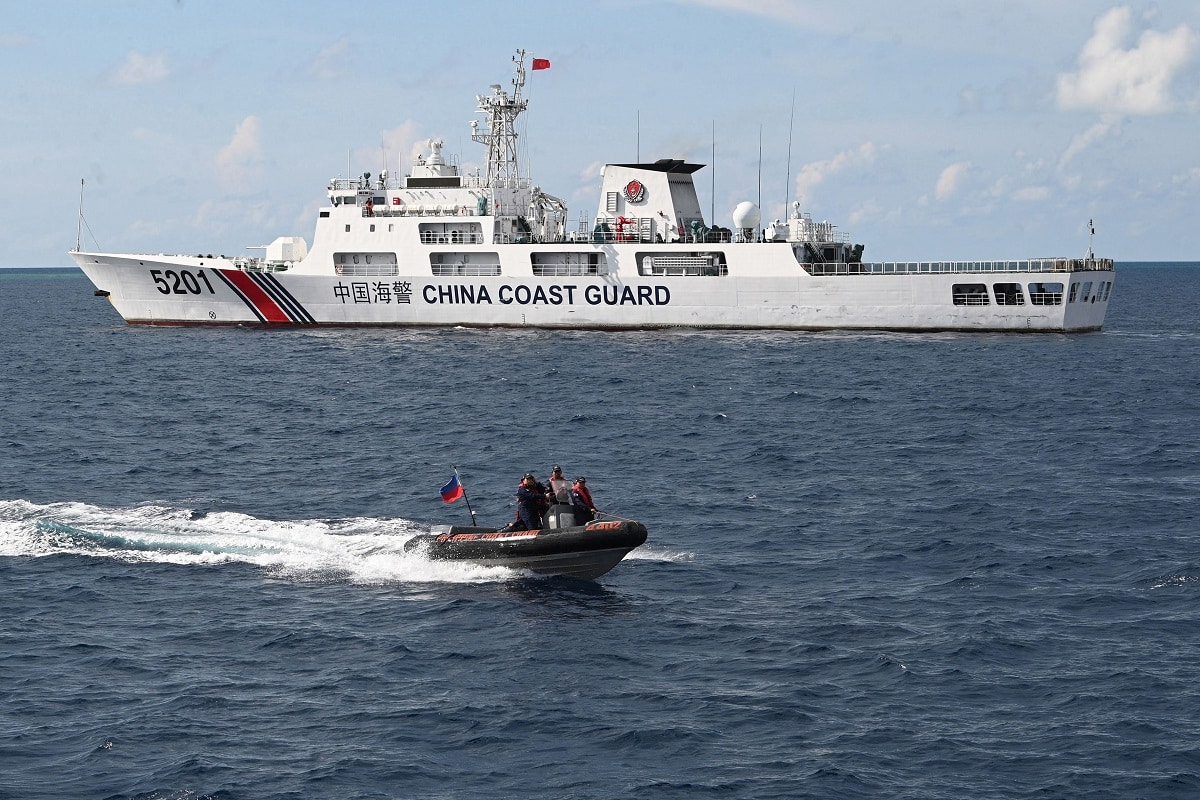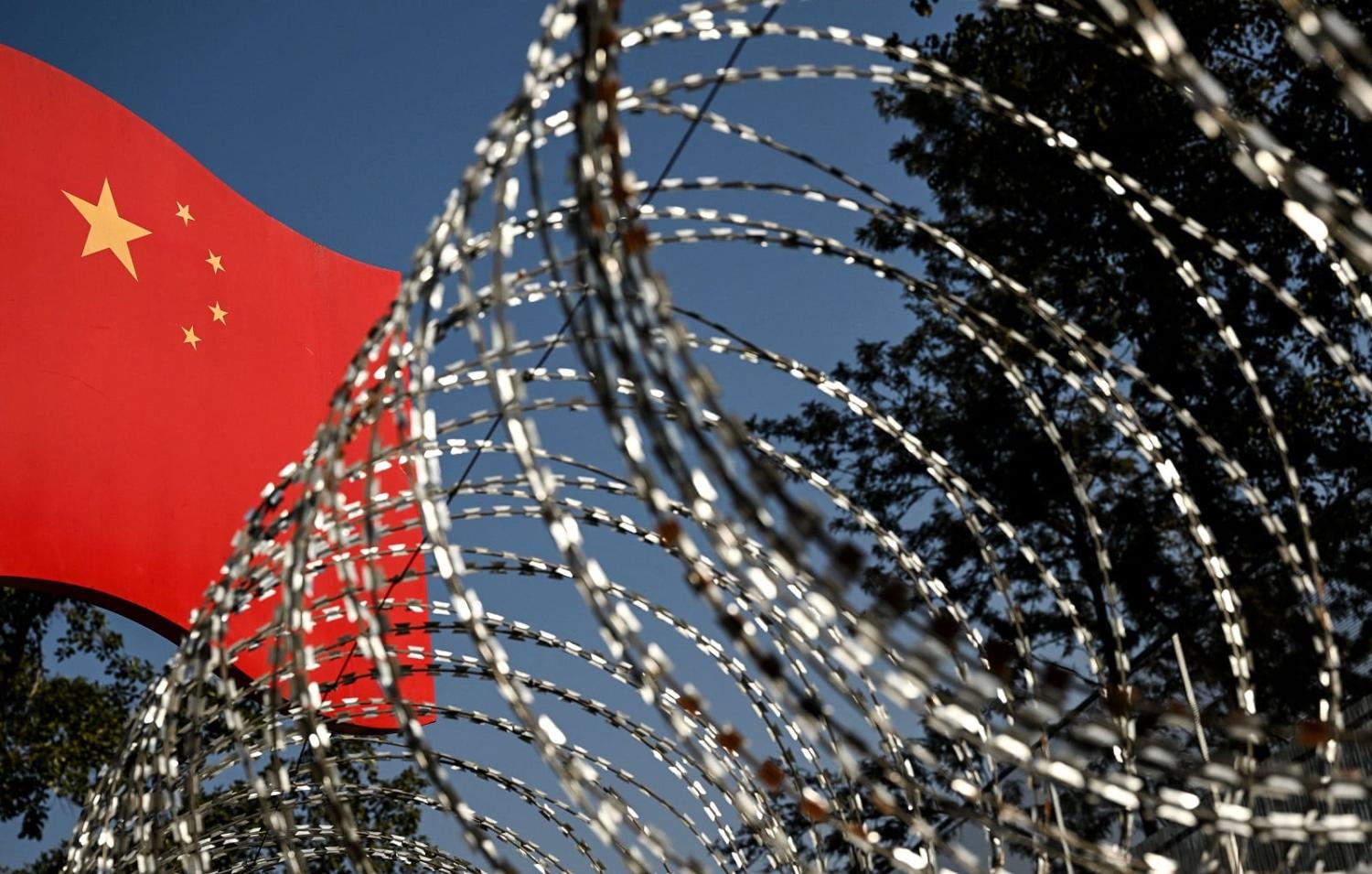There are phases in international relations when diplomacy between some countries is unfortunately reduced to protocol and alcohol. Such phases are never entirely intentional. No well-meaning government conducts diplomacy just for the sake of talking. However, structural limitations appear like mighty boulders on the path to reach reasonable agreements. Countries in the Indo-Pacific are undergoing one such phase with respect to their negotiations with China.
Diplomacy, in its quintessential sense, is the adjustment of differences through dialogue. Diplomacy works when a general equilibrium prevails in the international order. Put loosely, compromise is imminently possible when political leaders across countries intuitively understand and accept their place in the pecking order. However, when a revisionist power is disgruntled with the established order, expecting it to be a reasonable negotiator is unwise.
The regional order in Asia is undergoing constant churn. China’s proclaimed ambitions to dominate Asia have altered the strategic landscape. Under the successive leadership of Deng Xiaoping, Jiang Zemin and Hu Jintao, Beijing sold the narrative of its peaceful rise to the world. China’s dizzying growth was in the West's interests, so the story went. We owe a great deal to President Xi Jinping for reminding us that economics and politics are essentially intertwined. Prosperity begets power. Power protects prosperity.
The mandarins of Zhongnanhai calculate that China’s phenomenal economic, political and technological growth has significantly increased the potential benefits and decreased the potential costs to China for seeking a change in Asia’s strategic landscape. Put simply, Beijing believes that the benefits of a new Sino-centric Asia outweigh the costs of disrupting the old Asian order. This must be considered before expecting anything substantial while negotiating with China.
Moreover, Xi Jinping’s increased reliance on nationalism at home has complicated the picture. To entrench his control over the Chinese Communist Party and the party’s control over China, Xi has betrothed a classical Leninist state to hypernationalism. As a result, terms such as “class struggle” have long lost their sheen, and “national rejuvenation” and “China dream” are part of the new lexicon. Furthermore, stumbling economic performance in recent years has further caused the CCP to rely on the crutch of nationalism to maintain its legitimacy. After all, foreign policy is essentially domestic.
Beijing has picked quarrels with countries across the spectrum, using a technique of pointing fingers outwards to strengthen domestic control. China’s claims on swathes of territory in the Himalayas and the South China Sea as “historical rights” reflect an attitude that treats negotiations as foregone conclusions. Such claims make it more difficult for China to compromise or make concessions through diplomacy.

Many astute practitioners who have negotiated with China warn about Beijing’s strategy. First, that Chinese diplomats only enter into agreements that suit their interests in the short to medium term. In other words, the primary purpose of negotiations and treaties for Beijing is to gain time. Precious time that will help China enhance its comprehensive national power.
India painfully negotiated a slew of border “peace and tranquillity” agreements with China in the 1990s. China was seeking relatively stable frontiers with India at a time when Deng’s primary priority was to ensure domestic stability for his economic reforms to bear fruit.
But the power difference between New Delhi and Beijing has widened dramatically in the last decade, and India again faces incursions from China on its Himalayan frontiers. Like other major powers, China also conveniently ignores agreements that it thinks have outlived their relevance. World Trade Organisation rules and those of the UN Convention on the Law of the Sea are stark examples of China’s new outlook towards international agreements and treaties.
China’s posture demonstrates that talking softly or not, the one who wields the stick dictates the terms. In an imperfect world, good intentions are just that. Only power recognises power. China’s diplomatic strategy since 1949 acknowledges this reality.
It might also prove helpful to view China’s ongoing negotiations with Association of Southeast Asian Nations (ASEAN) member states for a South China Sea Code of Conduct in this light. How far such a code of conduct will go in securing peace and stability in the region while respecting the sovereign rights of all stakeholders is not hard to guess. Unfortunately, China’s past behaviour does not inspire much confidence. In the last few years, Beijing has deployed the tactic of altering the status quo by building military installations and seizing territory.
All the countries in the Indo-Pacific that have a stake in a stable Asian geopolitical order could draw lessons from China’s negotiating toolkit. All states that China considers below its league – that is, everyone other than the United States – are growing increasingly aware that their leverage with China only rises by forming coalitions with a balancer. The United States is that balancer. As experts have pointed out, engaging great powers across the spectrum is crucial for not letting any of them take you for granted.
Balancing can also only take one so far. Building comprehensive national power is crucial. The rest is commentary.

